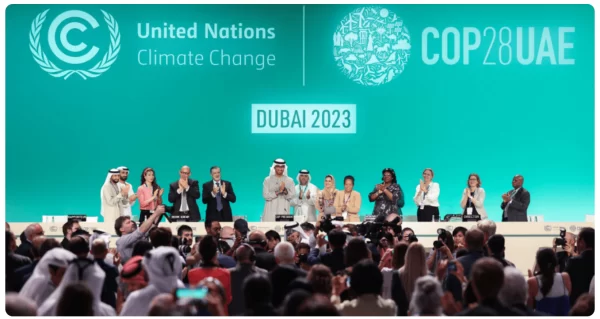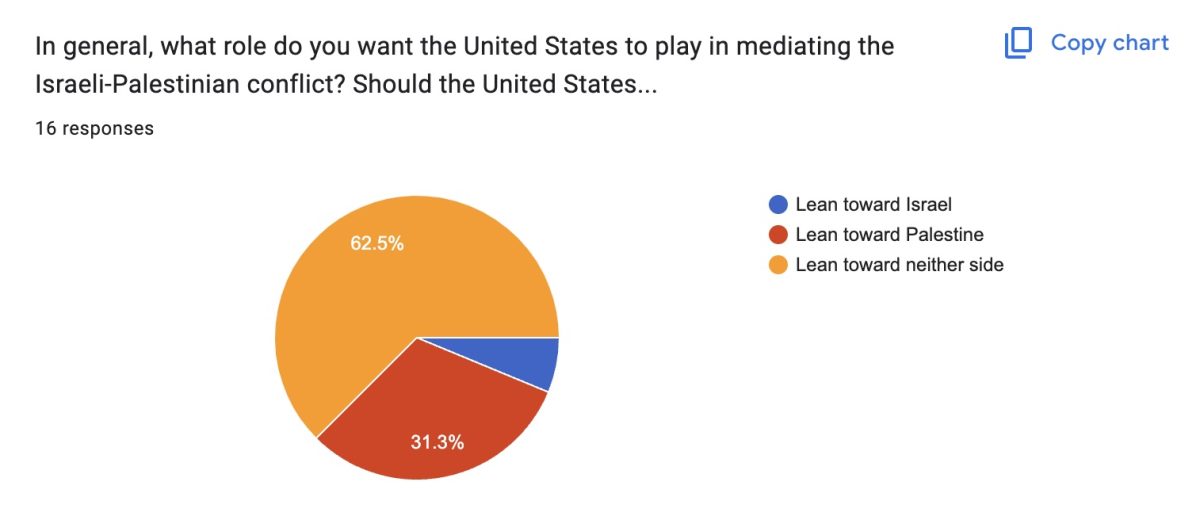On Wednesday December 13th, 2023 the UN made a revolutionary decision concerning the future of our planet. Two hundred countries at the United Nations Climate Change Conference, otherwise known as the COP 28, voted for a plan that would transition away from fossil fuels. This plan took place in Dubai and specifically concerns oil, gas, and coal.
“Fossil fuels are just that; they are natural substances generated by the eons-long decomposition of organic matter, whether that be animal or plant matter, it doesn’t matter,” Science teacher, and Science National Honors Society Sponsor Andrew Riggleman said. “The largest issue with fossil fuels lies in the fact that when they are burned in our vehicles, our homes, our schools, etc. they release larger amounts of greenhouse gasses than other fuel sources.”

According to environment, a company made by impact that focuses on informing people about things pertaining to climate change, the deal calls for numerous things such as tripling the amount of energy around the world by 2030, reinforcing the 1.5 degree Celsius goal, requiring a 43% emissions cut by 2030 and 60% by 2035, and much more. The nature of this deal is groundbreaking; it’s not only held in Dubai, a leading country in terms of the oil and gas industry, but it’s the first time that a UN Climate deal uses language that pertains to fossil fuels.
“The outcomes of COP 28 weren’t entirely surprising. It seems as though the majority of countries are happy and willing to work toward decreasing anthropogenic climate change,” Riggleman said. “…there are vast amounts of untapped petroleum in the Alaskan National Petroleum Reserves. This project has the potential to release up to 260 million metric tons of carbon dioxide into the atmosphere over the next 30 years. Am I surprised? No. Money has always been, and will continue to be, more important than maintaining healthy ecosystems in the United States”
Over the next two years it is expected that nations will also submit detailed plans that concern how they attempt to cut back on their carbon emissions through 2035. This deal isn’t legally binding, but it is a great step towards a cleaner, brighter future for the environment.































